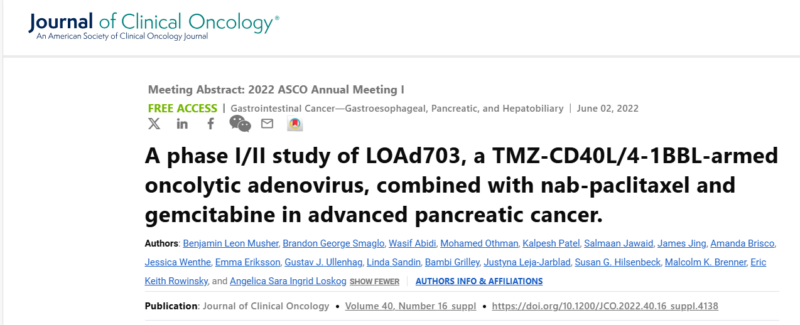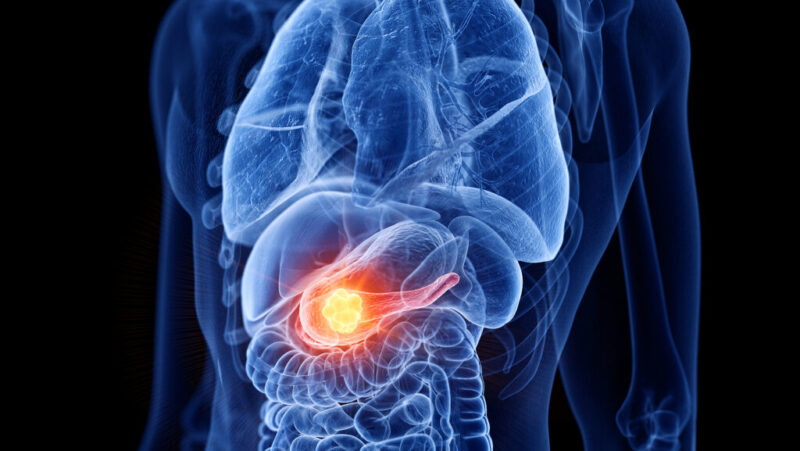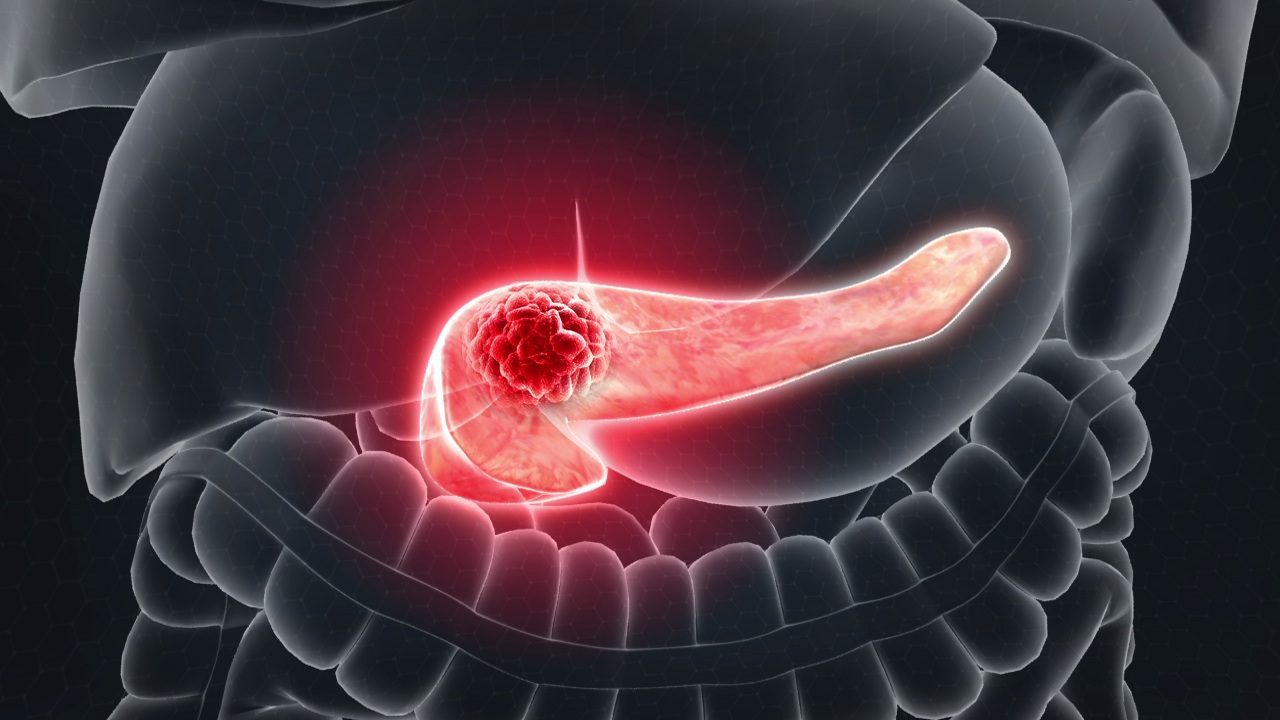Data from the trial revealed that no dose-limiting toxicities (DLTs) were reported at dose 1 (5×10¹⁰ particles per injection; n = 3) or dose 2 (1×10¹¹ particles per injection; n = 4). For dose 3 (5×10¹¹ particles per injection, n = 14), 1 patient experienced a DLT consisting of brief grade 3 alanine aminotransferase elevation after LOAd703 was injected into a liver metastasis. This patient continued on-protocol treatment at a lower dose without additional DLTs. Notably, only 11 patients of 14 assigned to dose 3 were evaluable for DLTs, as 2 patients experienced clinical progression before a third injection, and 1 patient withdrew consent. Between December 2, 2016, and October 17, 2019, 23 patients were assessed for eligibility, with 22 enrolling, and 21 patients receiving at least one dose of LOAd703 and being evaluable for safety.
Among the 21 evaluable patients, the median age was 61 years (IQR, 55-63), with 13 male (62%) and 3 (14%) having previously undergone resection of their primary pancreatic ductal adenocarcinoma. Additionally, 17 patients (81%) had radiographically- or biopsy-confirmed metastases, and 10 (48%) had prior chemotherapy exposure for advanced disease. Patients received 125 mg/m² of intravenous paclitaxel plus 1000 mg/m² of intravenous gemcitabine on days 1, 8, and 15 of a 28-day cycle for up to 12 cycles. From day 15 of cycle 1, 500 μL of LOAd703 was injected endoscopically or percutaneously into the tumor or metastasis every 2 weeks for 6 injections. Lesion selection depended on factors like lesion count, accessibility, and patient preference.
The primary endpoints of the trial were safety, maximum tolerated dose, and antitumor immune response based on the emergence of circulating antiadenoviral antibodies, adenovirus-specific T cells, and effector memory T cells. Secondary endpoints included antitumor activity, measured by objective response rate and overall survival. The most common grade 3 or 4 adverse events (AEs) included anemia (48%), neutropenia (48%), lymphopenia (43%), and leukopenia (33%), attributed to chemotherapy or underlying malignancy. AEs related to LOAd703 included fever (67%), fatigue (38%), chills (33%), and elevated alanine aminotransferase (24%). The most common serious AEs included fever (29%), sepsis (19%), anemia (14%), limb edema (14%), and lower gastrointestinal bleeding (14%).
About the study of LOAd703
A study titled “A phase I/II study of LOAd703, a TMZ-CD40L/4-1BBL-armed oncolytic adenovirus, combined with nab-paclitaxel and gemcitabine in advanced pancreatic cancer.” published on Journal of Clinical Oncology is about LOAd703 that was administered via intratumoral injections starting on cycle 1, day 15 of nPG chemotherapy. Patients received LOAd703 injections every 2 weeks for up to 6 cycles, with the possibility of 6 additional injections if sustained tumor control was observed. The trial used a BOIN dose escalation design to investigate three dose levels of LOAd703. The primary endpoints of the study were safety and feasibility, with a focus on dose-limiting toxicity (DLT) and efficacy in response-evaluable subjects.
Authors: Benjamin Leon Musher, Brandon George Smaglo, Wasif Abidi, Mohamed Othman, Kalpesh Patel, Salmaan Jawaid, James Jing, Amanda Brisco, Jessica Wenthe, Emma Eriksson, Gustav J. Ullenhag, Linda Sandin, Bambi Grilley, Justyna Leja-Jarblad, Susan G. Hilsenbeck, Malcolm K. Brenner, Eric Keith Rowinsky, and Angelica Sara Ingrid Loskog




